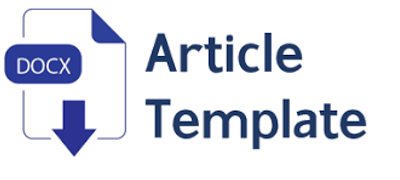Preventing And Mitigating Session Hijacking Using Zero Trust Architecture
DOI:
https://doi.org/10.64123/mijm.v1.i2.2Keywords:
session hijacking, Zero Trust Architecture (ZTA), continuous authentication, device trust, micro-segmentation, token binding, risk-based access controlAbstract
Session hijacking remains a critical threat in modern cybersecurity, allowing attackers to impersonate legitimate users by exploiting stolen session tokens. Conventional perimeter-based security frameworks often fail to prevent such attacks due to their reliance on static authentication. This study proposes a Zero Trust Architecture (ZTA) approach to prevent and mitigate session hijacking through continuous authentication, device trust verification, and micro-segmentation. A comprehensive dataset—including real-world attack traces, simulated penetration tests, and ZTA implementation logs—was used to evaluate the system's performance. The core components include risk-based access control, short-lived device-bound tokens, and behavioral analytics. Results demonstrate that the proposed model effectively blocks invalid or replayed tokens and untrusted devices, achieving a 100% detection rate in simulated hijacking scenarios. Compared to traditional methods, ZTA significantly reduces the session attack surface and improves resistance against MITM attacks. While challenges remain in user experience and legacy system compatibility, the security benefits justify implementation in cloud and hybrid enterprise environments. It is recommended that organizations adopt ZTA as a foundational security strategy to counter evolving session-based threats.
Downloads
Published
Issue
Section
License
Copyright (c) 2025 Santhoshkumar S, Arunarani S (Author)

This work is licensed under a Creative Commons Attribution-ShareAlike 4.0 International License.
All articles published in this journal are licensed under the terms of the Creative Commons Attribution-ShareAlike 4.0 International License (CC BY-SA 4.0). This license allows others to:
-
Share — copy and redistribute the material in any medium or format
-
Adapt — remix, transform, and build upon the material for any purpose, even commercially
-
As long as appropriate credit is given to the original author(s), a link to the license is provided, and any changes made are indicated.
-
If you remix, transform, or build upon the material, you must distribute your contributions under the same license as the original.
License URL: https://creativecommons.org/licenses/by-sa/4.0/






















